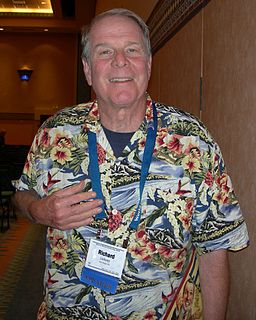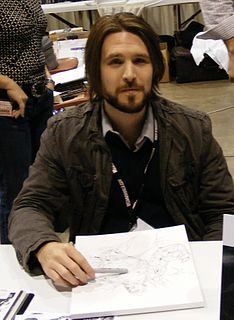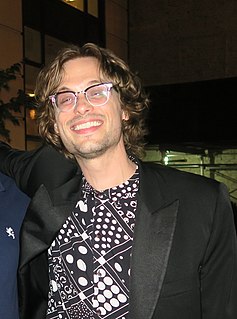A Quote by John Boyne
Throughout my teenage years, I read 'A Christmas Carol' by Charles Dickens every December. It was a story that never failed to excite me, for as well as being a Dickens enthusiast, I have always loved ghost stories.
Related Quotes
'Joker' was a violent, dark, and brutal book, so I wanted to do something a little less heavy. I played around with the idea of a children's book, and that eventually became 'Noel.' And I just kept finding these parallels between things I could do with Batman and Charles Dickens' 'A Christmas Carol.'
Dickens's final book, 'The Mystery of Edwin Drood,' forms the jumping-off point for my new novel, 'The Last Dickens'. This last work by Dickens has very little social commentary and a pretty tightly efficient storyline and cast of characters. Not necessarily what we think of when we think what characterizes Dickens.






































